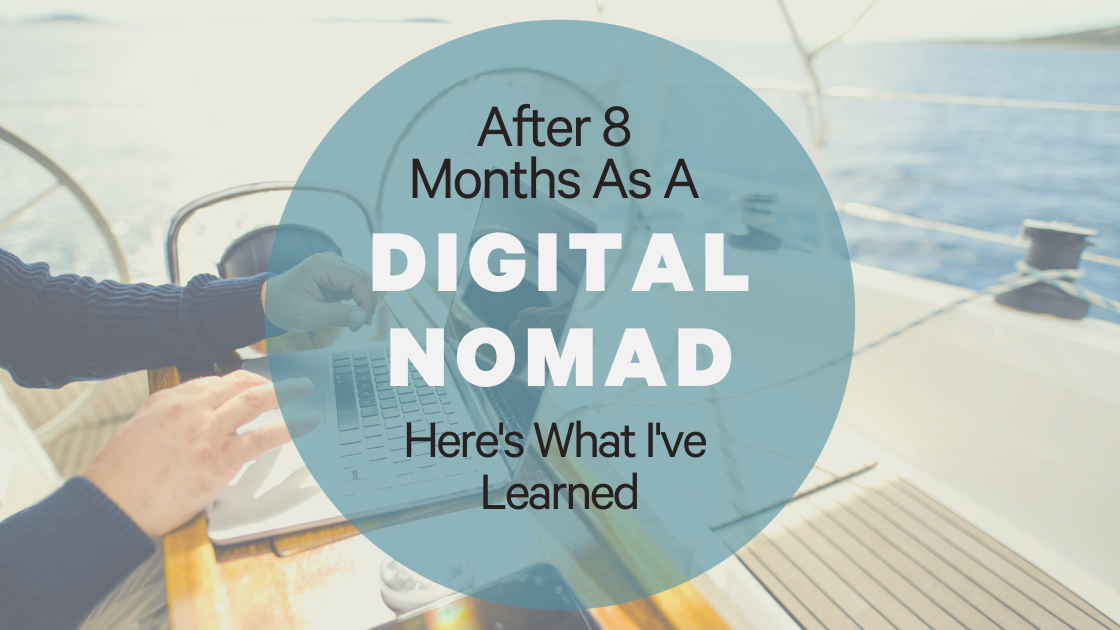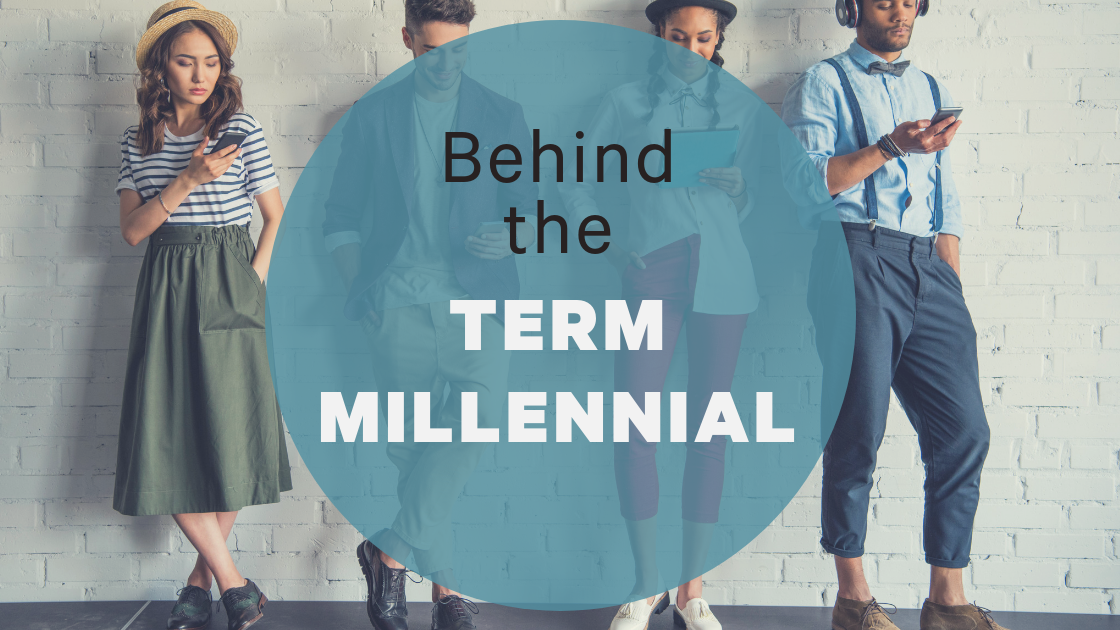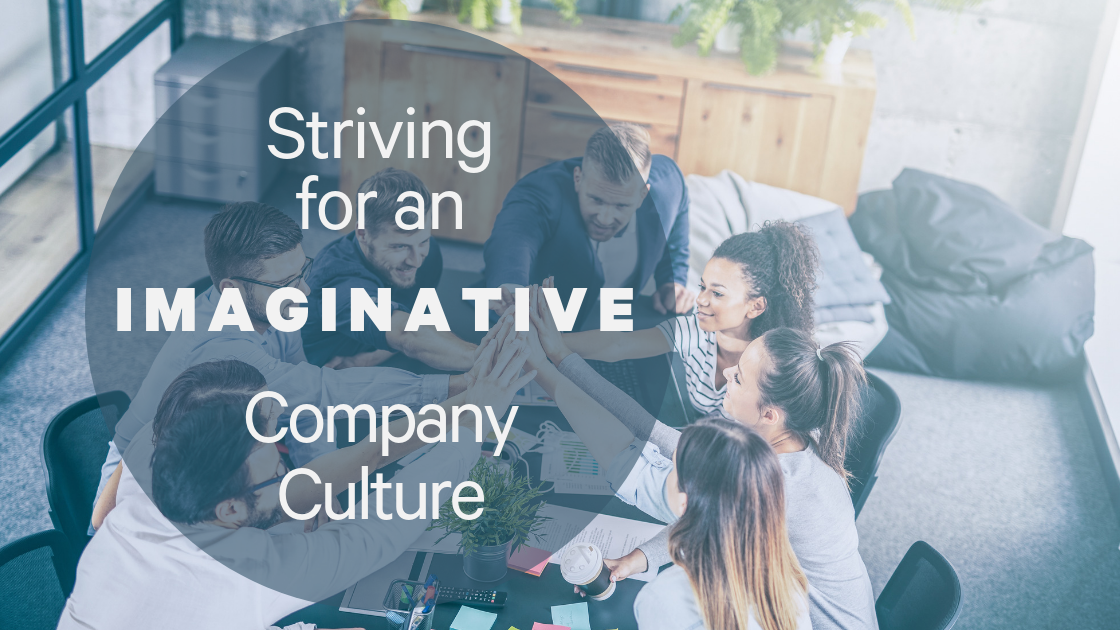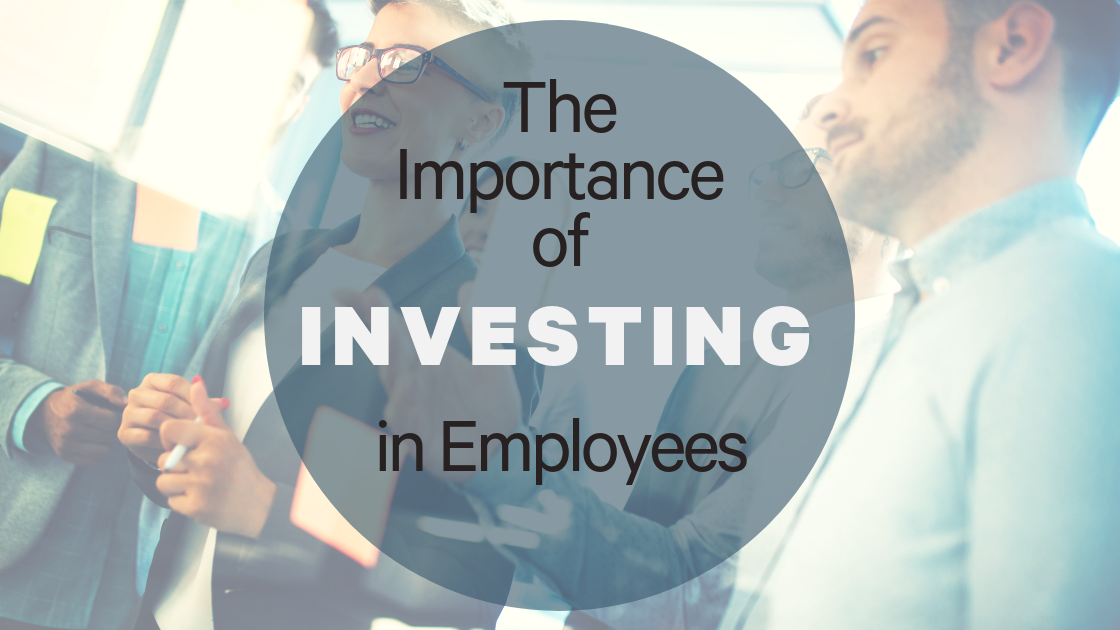Written by: Elizabeth McHeffey
Having the opportunity to travel, while keeping your career intact is not something that everyone can do, but with more and more jobs relying on technology, the trend is not slowing down. In fact, according to a recent Forbes Article, “7.3 million Americans describe themselves as digital nomads”. This is an “increase of 2.3 million from the previous year”. With the increasing trend, the article quotes that 44% or almost half of nomads are working a traditional job, meaning they are not freelancing or self-employed. With Millennials in the lead, the second largest generation of digital nomads are Baby Boomers (56 – 74 years old), which may be a surprise to some.
While being a digital nomad myself, I met people from all demographics. From young bloggers and digital marketers a few years out of college to couples in their 30’s traveling with their toddlers while making a living in Research or IT, to the Baby Boomers in sales, photography, or journalism. Everyone had a unique story to tell and a different timeline on their nomadic lifestyle: some for the summer, some on the road already for years with no plans to end their nomadic lifestyle. One commonality among all was a collective passion for exploration, freedom, nonconformity and unique experiences. However, that freedom must be shared with discipline and hard work to stay on your career path.
So, after being on the road for eight months, I have a few tips for those considering becoming a digital nomad, or perhaps those that already are and need a little guidance.
Strive for Balance
Balancing your workload with business travel can be a challenge, and the nomadic lifestyle is no different. So, whether you are working 5 hours per week or 25 hours per week, you must be very self-disciplined. Most nomads are moving around all the time and not on a relaxing vacation, so it is important to set aside time daily, weekly or monthly for work. When you are working, make sure to make those hours count and be as productive as possible, so you can spend your other time on the road exploring. Productivity and efficiency are key!
Prepare for Plans to Change
Unfortunately, with life on the road comes uncertainty. The plan that you had very rarely ends up being the outcome. That is the best part about being a digital nomad: you don’t have a set plan; time is limitless, and your boundaries are endless. But that can cause issues when you need to get your work done or have a strict deadline. WiFi and outlets are not a guarantee! Once leaving the big cities and driving through the winding backroads in the plains, deserts, and mountains, we rarely had WiFi. I relied on coffee shops for internet, but that also meant working during their hours, so if you get to a city at 6PM and they closed at 3PM, you are out of luck. If you are camping off the grid and you are able to use a hotspot to connect to internet, make sure your laptop is fully charged, because there won’t be any outlets at your campsite in the middle of that cornfield in Idaho. When I could, I would try to find shops open late or early in the morning on the weekends. While everyone vacations and sightsees on the weekends, I had the luxury of hiking the flower-blossom covered mountains of Glacier National Park on a Wednesday, while many are working traditional workweeks.
Set Goals and Communicate
Being a digital nomad is an unmatched opportunity and experience of a lifetime. Set goals for yourself and ask your boss to set goals for you as well. Like many things in life, being a digital nomad is not something that you can truly plan for, so having open communication and an employer that is adaptable to change was a huge part of making my journey successful. Moreover, if you can make it an opportunity for your personal evolution and exploration, coupled with professional growth, while also achieving something for the organization you work for, it will be a win-win from all angles. I am lucky enough to work in the travel and tourism industry and had the opportunity to fulfill a dream while visiting many destinations and clients that we work for along the way.
Now I am back in a traditional sense of workspace and workweek, but I am grateful for the experiences digital nomadism has granted me. Hopefully, these tips allow some of you to take a leap of faith to drive through the rugged and desolate Badlands in the VW van of your dreams, roast marshmallows under the moonlight and sleep among thousand-year-old Redwood Trees. And if not, then go after your passion and work towards that goal!
Elizabeth McHeffey is our digital nomad. During her travels she’ll be diving into topics and trends surrounding the generations in the workforce, stopping along the way to meet with industry leaders that are making waves and reinventing how we work. What we’re calling, “The Remote Route.”
[mkdf_button size=”” type=”” text=”Read more about The Remote Route Here” custom_class=”” icon_pack=”font_awesome” fa_icon=”” link=”https://searchwideglobal.com/blog-why-searchwide-global-has-one-millennial-employee-embarking-on-a-digital-nomad-lifestyle/” target=”_self” color=”” hover_color=”” background_color=”” hover_background_color=”” border_color=”” hover_border_color=”” font_size=”” font_weight=”” margin=””]
SearchWide Global is a full-service executive search firm primarily for companies in Destination Organizations / Hotels & Resorts / Venue Management / Experiential Marketing, Tradeshow & Exhibition / Industry Associations / Sports & Entertainment. Specializing in C-Level and Director level executive searches for companies ranging in size from Fortune 500 corporations to mid-sized public and private companies and associations. Founded in 1999, SearchWide Global headquartered in St. Paul, MN, USA and operates worldwide.






